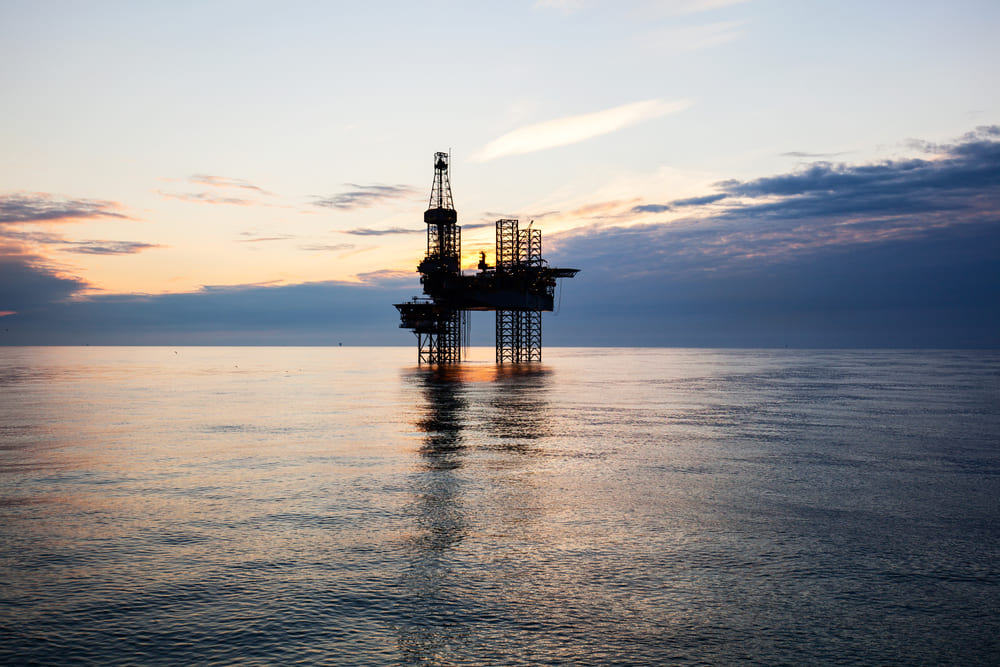
Some people are surprised to hear me say, as chief executive of the body that represents the oil and gas industry, that we need to keep acting to address climate change.
Anyone reading the sobering report from the Intergovernmental Panel on Climate Change (IPCC) this week knows the world has no other option but to take practical steps to address the challenge.
But our industry can be part of the solution. We can be the leaders in delivering a new, cleaner energy mix.
For too long, the climate change conversation has been a simple good-v-evil, binary debate. Either give up your Hilux, stop international travel, change the way you work, the way you cook and heat your home – and put the entire resources industry under a bus – or achieve net-zero emissions.
But what if we could achieve both? In fact, we can.
The latest IPCC report, focusing on the climate science ahead of further reports next year on climate change impacts and emissions-reduction options, provides an opportunity for a sensible debate about how technology can help us achieve net-zero while having affordable and reliable energy.
Let me be clear: the Australian Petroleum Production & Exploration Association supports the science of climate change and the need to reduce global emissions consistent with the objectives of the Paris Agreement. Policies should be consistent with net-zero emissions across the Australian economy by 2050 as part of its contribution to global net-zero.
But we cannot simply ban hydrocarbons and hope for the best. The world, our energy supply and our global economy are far more complicated and energy-dependent than that. Hydrocarbons, including gas, still supplied 83 per cent of all global energy last year. And gas isn’t only used to make electricity or fuel for cars or gas to heat your home.
Even if people give up their diesel 4WD, that electric car you buy still relies on oil and gas, whether it is manufacturing the wheels, the seats or the bumpers. Thousands of products depend on oil and natural gas, from smartphones and computers to sporting equipment and the clothes on your back.
From a purely economic perspective, our country cannot afford us to fail, whether it is the $66 billion of royalties we pay that build hospitals, police stations, roads and schools, our $450 billion of investment into regional communities or the 80,000 people whose jobs we directly and indirectly support.
The Australian government estimates our exports have the potential to lower emissions in LNG-importing countries by about 170 million tonnes of CO2 equivalents a year by providing an alternative to higher emissions fuels. That equates to almost a third of Australia’s total annual emissions. Natural gas has only half the greenhouse gas emissions of coal when used to generate electricity and it can do things renewables simply cannot do, such as power manufacturing plants.
But there is no doubt we can and need to do more, especially in the major emission-intensive economies of China and India if really want to make a dent in reducing emissions. That’s why our industry is making billion-dollar investments in emissions-reduction technologies.
The oil and gas industry has the technology, skills, experience and commercial relationships to develop a world-scale hydrogen industry both domestically and for export. This week’s report by industry analysts EnergyQuest pointedly states that the “greatest near-term potential for decarbonisation lies in blue hydrogen (produced from natural gas with carbon capture and storage), rather than the much more expensive green hydrogen [from renewables]”.
Our industry’s investment in carbon capture and storage is already removing about 40 million tonnes of CO2 equivalents a year, but we have bigger ambitions. And the emissions-reduction focus includes methane, a priority of the industry for decades. Minimising the loss of the product it sells makes good commercial sense, ensures safety and delivers on environmental objectives.
We are part of the solution. We are not the enemy.







